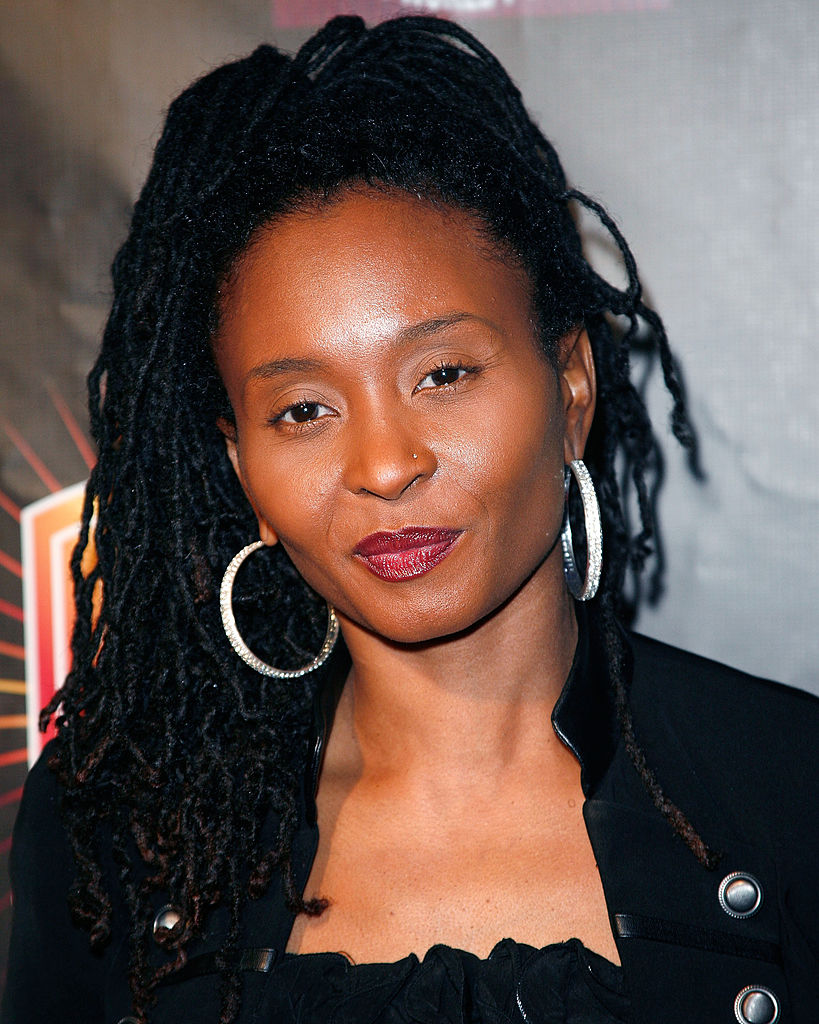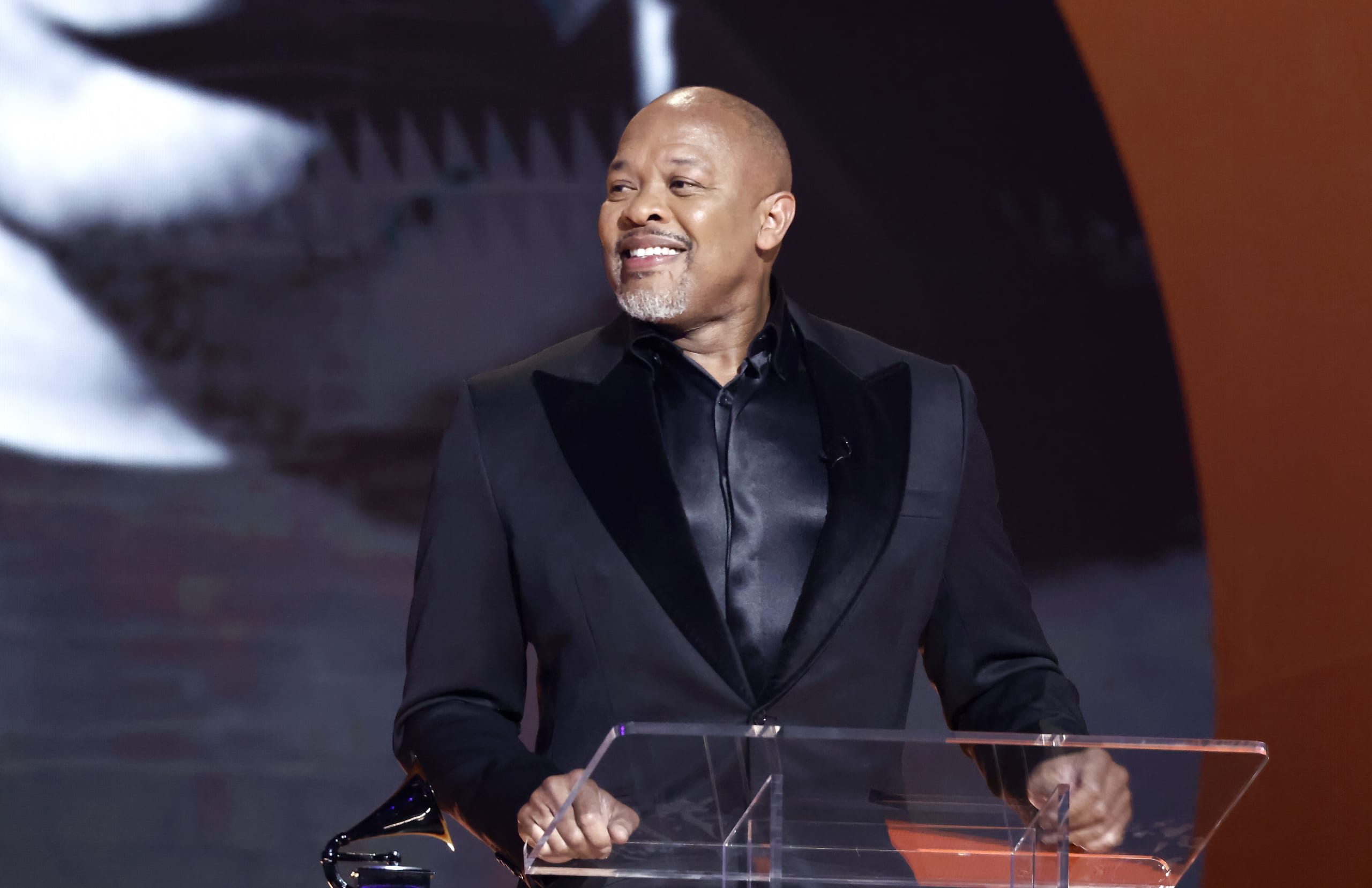Editor’s note: The following article is an op-ed, and the views expressed are the author’s own. Read more opinions on theGrio.
I ended Grammy night like most people in my network — feeling like the most powerful woman in the industry was once again denied Grammy’s biggest honor. But when Dee Barnes gave her reaction to that night in an interview with Rolling Stone, I felt ashamed that a hip-hop pioneer who was erased after she was attacked by Dr. Dre hadn’t been more on my mind during an awards show that specifically celebrated hip-hop.
The Grammys dedicated 15 minutes to a celebration of hip-hop’s approaching 50th anniversary, a performance that was supposed to be a step forward for the ceremony’s historically poor diversity efforts and a deliberate change from the nationwide reckoning with white supremacy in the wake of the 2020 murders of George Floyd and Breonna Taylor.

And while the Grammy performance, curated by Questlove, did feature a broad and inclusive celebration of Black excellence across generations, from Grandmaster Flash straight through to Lil Baby, its potential impact was overshadowed by another part of the evening: when Dr. Dre, who has long been accused of violence against multiple women, was doubly honored by an award for personal and professional achievements in the industry.
As we gear up to celebrate hip-hop’s past achievements and innovations, we must also keep it real with ourselves about our high tolerance for violence against women and the way we continue to collectively silence the women who tell their truth about surviving that violence. I’d like to call it a dark history, but last year ended with Megan Thee Stallion, another powerful woman in this community,
Read the full article here



